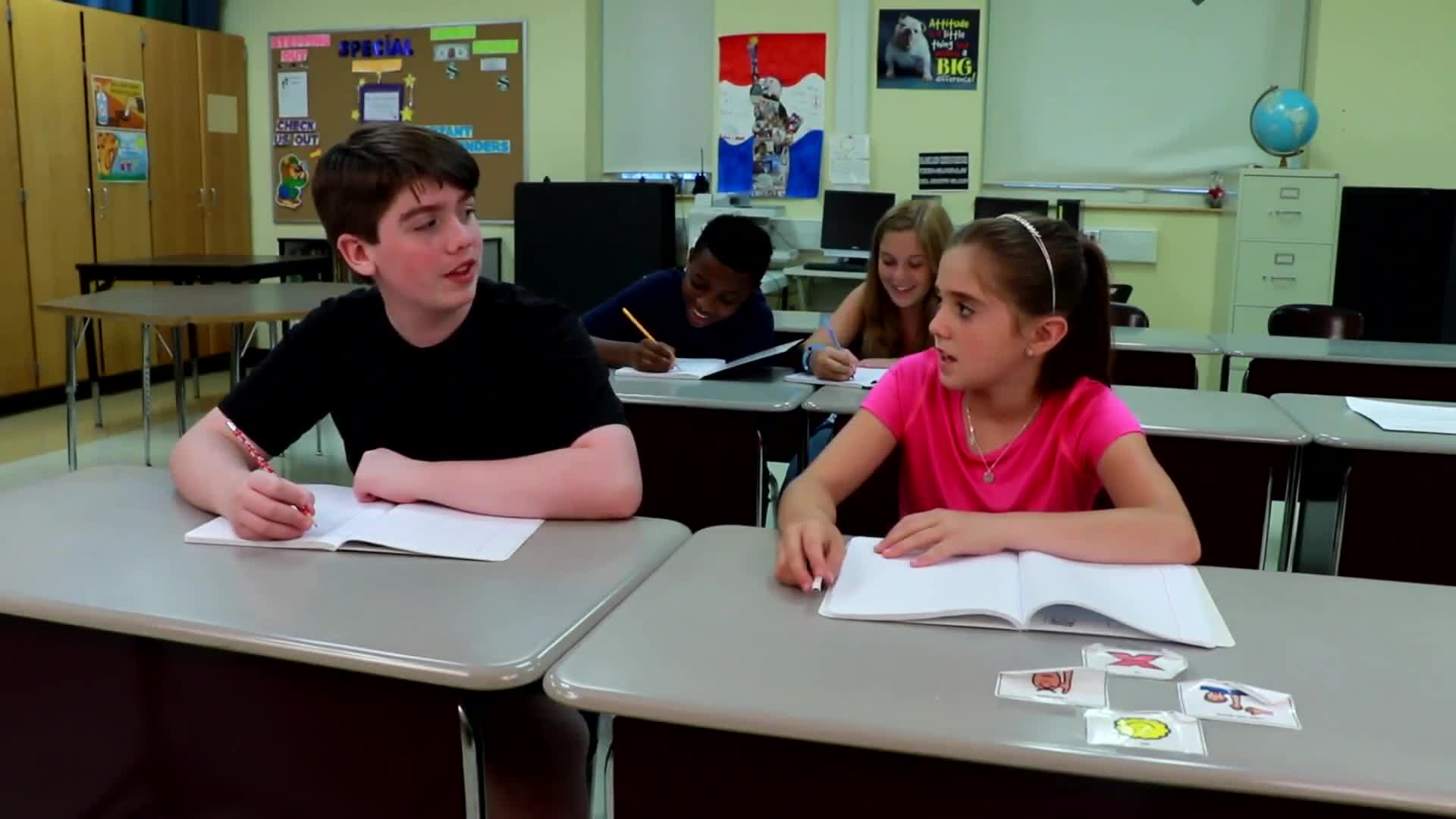
Today, we will explore the significance of collaboration and communication skills in special education, and how to create effective Individualized Education Program (IEP) goals to improve these skills in middle school students.
Understanding Collaboration and Communication Skills
Collaboration and communication skills are essential for students to successfully navigate social situations, work in teams, and build healthy relationships. These skills involve active listening, empathy, and the ability to make decisions collectively. Developing these skills can enhance students’ learning experiences, social interactions, and overall wellbeing.
The Role of Specialists
Various specialists can support the development of collaboration and communication skills:
- Speech-Language Pathologists: They can help students improve their verbal and nonverbal communication abilities.
- Social Workers: They can assist students in understanding social norms and expectations, and in developing empathy.
- Psychologists: They can work on students’ emotional regulation and self-awareness, which are crucial for effective communication.
- School Counselors: They can facilitate group activities to promote teamwork and conflict resolution skills.
IEP Goals for Collaboration and Communication Skills
Here are some SMART IEP goals to improve collaboration and communication skills in students:
-
Goal: Improve active listening skills.
Strategies/Activities: Teach students to maintain eye contact, use verbal and nonverbal cues, and practice paraphrasing to ensure they understand their peers.
-
Goal: Enhance empathy and understanding of others’ perspectives.
Strategies/Activities: Use role-playing exercises to help students put themselves in others’ shoes and develop empathy.
-
Goal: Develop teamwork and cooperative decision-making abilities.
Strategies/Activities: Assign group projects and provide guidance on how to make collective decisions, delegate tasks, and resolve conflicts.
Implementing and Measuring Progress
Implement these goals by providing students with opportunities to practice their skills in various settings. Use observation, self-assessment, and feedback from peers to monitor progress. Regularly review and adjust the IEP goals as needed to ensure continued growth.
Conclusion
Investing in the development of collaboration and communication skills through effective IEP goals can significantly improve students’ social interactions and learning experiences. We encourage educators to apply these goals and strategies in their classrooms. For more resources, explore the Everyday Speech Sample Materials at https://everydayspeech.com/sample-materials/.





